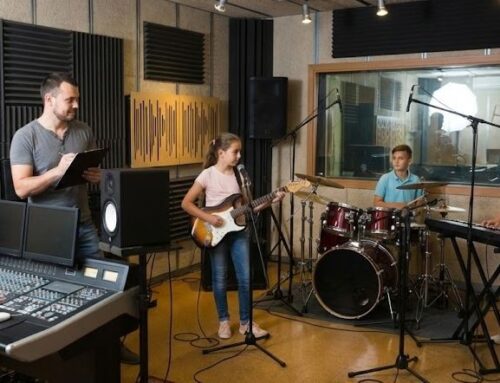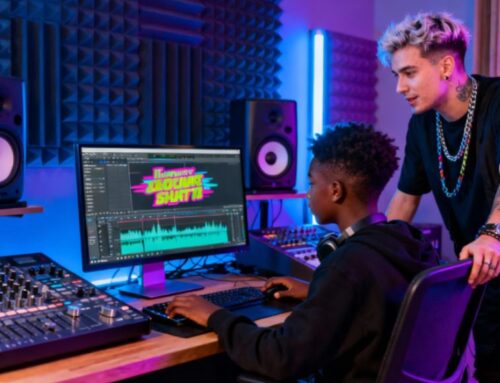It’s been known for some time now that there are many benefits of music lessons for children. But you may not have heard them all. Here are some of the best benefits of learning to play music, along with how to make the most of them.
Improvements in cognitive and non-cognitive skills
A well-done study showed that compared to dancing, theater, and playing sports, music led to greater increases in both non-cognitive and cognitive skills. It was even shown to make one a better listener, raise IQ scores, and improve memory!
Learning to play music can lead to greater levels of patience and discipline. No-one becomes an ace musician overnight, and the process of sticking with an instrument over the long haul will teach your child that patience can be rewarded. Additionally, as they progress in their musical journey, they’ll eventually come to a point where more formal practice is required, and will gain a lot of discipline by going through that process.
3 ways to help your child enjoy their music lessons
In order to get the full benefits from taking music lessons, you have to create the right conditions for your child to actually enjoy the process. Here are three tips on how to make that happen.
- Don’t forget to focus on playing the music, rather than just “practicing”. Let’s face it, telling anyone — especially a child — to simply practice drills endlessly can lead to discontent. Instead, allow your child to enjoy the simple pleasure of playing their instrument, even though it won’t be perfect. A child who enjoys playing will do it more often, and that alone can lead to improved skills. Formal practice does indeed have a place in any child’s musical education, but you do need to tread carefully here, because overdoing an emphasis on practice can cause them to dislike their lessons and want to quit.
- Give your child a say in which instrument they play — they’re more likely to stick with it if you do. For example, a kid who’s always dreamed of playing guitar in a rock band will put far more effort into learning to play the guitar than they would put into playing the more genteel flute.
- Allow your child to choose the genre they want to play. A child who adores the sounds of a concert pianist playing Chopin’s Fantasie Impromptu should not be forced to learn to play jazz or pop music during piano lessons if that doesn’t appeal to them. Let your child’s musical tastes guide you, and choose an instructor who can help your child learn to play the kind of music they enjoy.
All children should experience the benefits from music lessons
Between the scientific knowledge we have about how music can help to improve a child’s IQ, memory, and more, combined with the fact that learning to play music is incredibly enjoyable if done right, there’s no question that all children should have the chance to learn how to play a musical instrument. If you haven’t done it yet, talk to your child about music and find out what they like. The benefits of exploring this path can be numerous.






